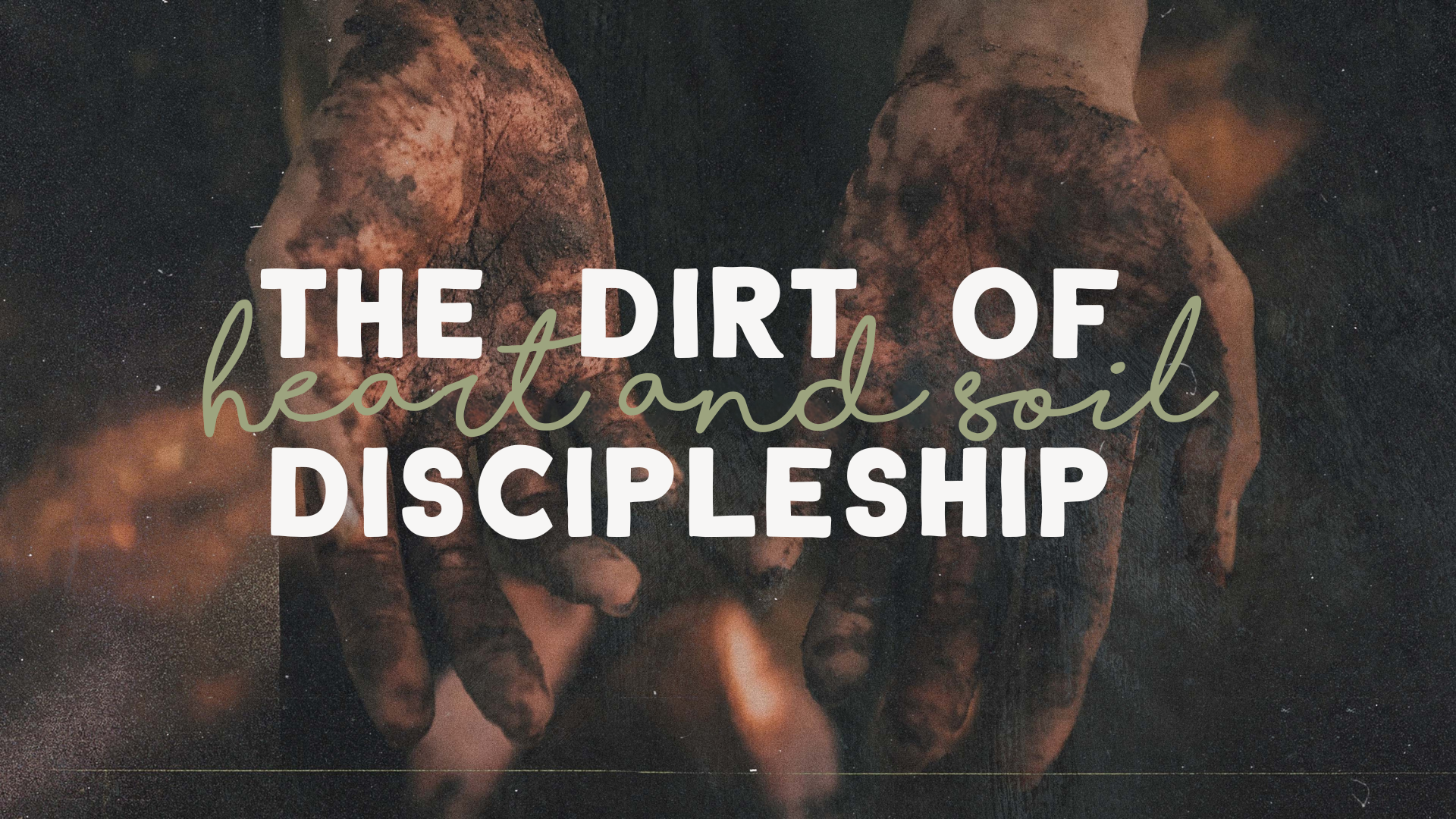The Dirt of Discipleship: With All My Heart and Soil

In our fast-paced, technology-driven world, we have become accustomed to instant gratification. Whether it’s ordering a meal, streaming a movie, or accessing information, everything is available at the click of a button. This cultural shift towards speed and convenience has shaped our expectations in many areas of life, including our spiritual journey. But what if the kingdom of God operates on a different timeline?
In a recent sermon, we explored the Parable of the Sower from Matthew 13, where Jesus uses the imagery of a farmer sowing seeds to illustrate the nature of God’s kingdom. This parable challenges our modern-day expectations of quick spiritual growth and instant transformation. Instead, it invites us to embrace the slow, steady work of God in our lives.
The Parable of the Sower: A Lesson in Patience
Jesus begins by describing a farmer scattering seeds, some of which fall on different types of soil. The seeds that fall on the path are quickly eaten by birds, those on rocky ground sprout quickly but wither under the sun, and those among thorns are choked. However, the seeds that fall on good soil produce a bountiful harvest.
This parable serves as a reminder that spiritual growth is not always immediate. The seed, representing the Word of God, contains immense potential, but it requires time, nurturing, and the right conditions to flourish. Just as a seed must be planted in good soil to grow, our hearts must be receptive and open to God’s Word.
The Challenge of Instant Gratification
Our culture’s obsession with speed and convenience can influence our spiritual expectations. We may desire “drive-through discipleship” or “microwavable moments” of transformation, but the kingdom of God is more like a garden than an Amazon distribution center. It requires patience, commitment, and deep roots.
The sermon highlighted the danger of allowing our hearts to become shallow and rushed, preventing us from experiencing the fullness of God’s work. We must resist the urge to seek quick fixes and instead embrace the slow, transformative process of walking consistently with God.
Embracing the Slow Work of God
The parable also reveals the importance of the condition of our hearts. Are we like the hard path, the rocky soil, or the thorny ground? Or are we cultivating good soil, ready to receive and nurture the seeds of God’s Word? This requires self-reflection and a willingness to allow God to till the soil of our hearts.
As we journey through life, we must remember that God is not in a hurry. He is more concerned with the quality of our growth than the speed. The moments of sudden breakthrough often come after seasons of preparation and unseen work. By aligning ourselves with God’s timing, we open ourselves to the abundant harvest He desires to produce in us.
Conclusion: A Call to Cultivate
In conclusion, the Parable of the Sower challenges us to reevaluate our expectations and embrace the slow, steady work of God’s kingdom. Let us resist the cultural pull towards instant gratification and instead cultivate hearts that are receptive to His Word. As we do so, we will witness the transformative power of God’s seed taking root and bearing fruit in our lives.
May we be patient, persistent, and open to the divine work that God is doing within us, trusting that in His perfect timing, we will see a harvest beyond what we could ever imagine.

